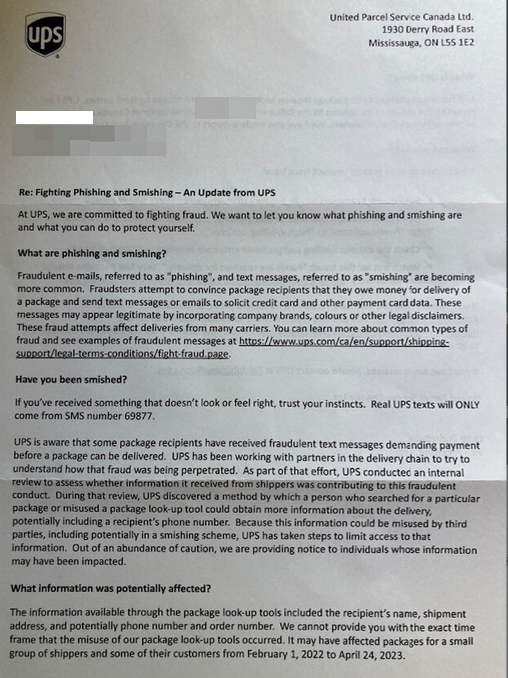Apple issues Rapid Security Response for zero-day vulnerability
Categories: Exploits and vulnerabilities Categories: News Tags: Apple Tags: Safari Tags: WebKit Tags: macOS Tags: iOS Tags: iPadOs Tags: CVE-2023-37450 Tags: drive-by Tags: code execution Apple has issued an update for a zero-day vulnerability in the WebKit browser engine which may be actively exploited. |
The post Apple issues Rapid Security Response for zero-day vulnerability appeared first on Malwarebytes Labs.
Read more





